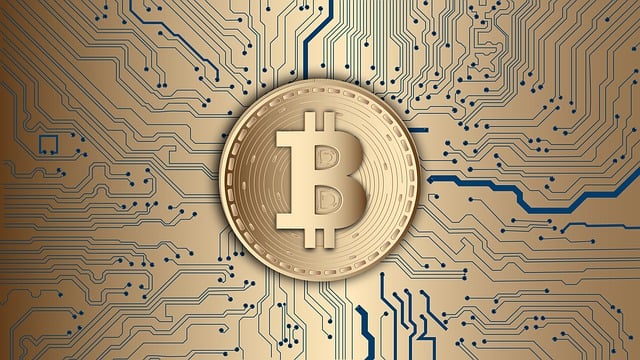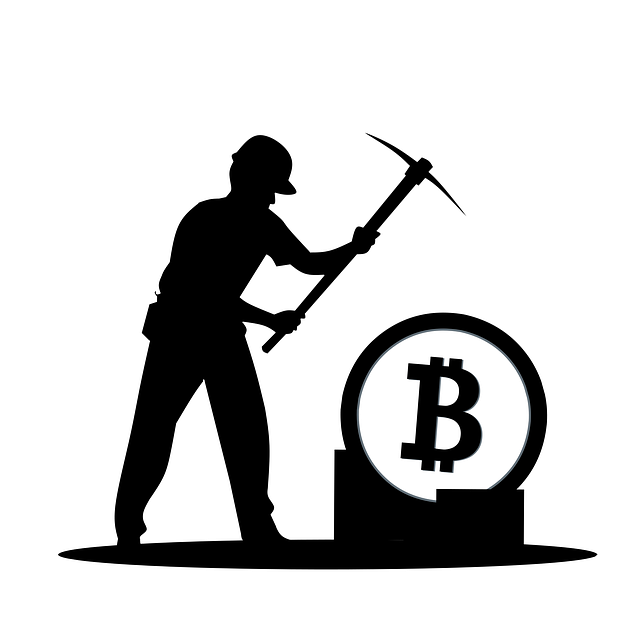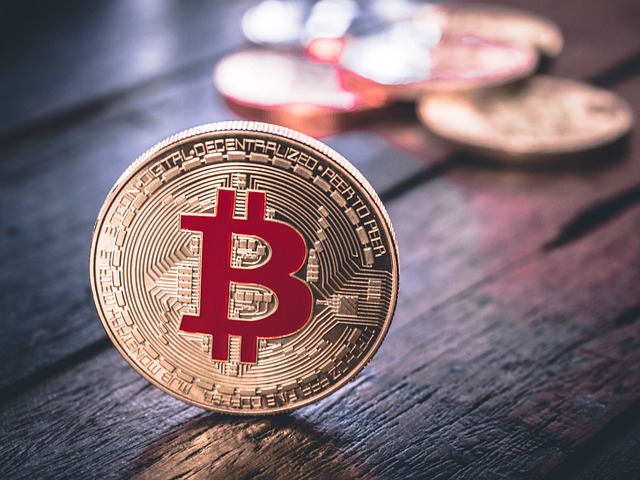Non-Fungible Tokens (NFTs) offer unique digital ownership with each token distinct and non-interchangeable. Their growing popularity as an asset class has sparked interest in digital art, collectibles, and virtual real estate, providing proof of ownership and authenticity. NFT investment potential lies in exclusive access to content, community engagement, and future revenue streams. The market shows consistent growth, with historical data revealing NFTs maintaining and increasing their value over time. Future prospects are promising due to mainstream adoption and expected institutional investment. The unique and limited nature of NFTs, along with rarity and community support, drives their high investment potential, attracting collectors and investors seeking exclusivity and value. Evaluating NFT investments requires a strategic approach, diversifying across various NFTs, staying updated on trends, and assessing long-term prospects. Regular portfolio rebalancing based on market fluctuations is essential for maintaining a profitable collection.
The world of NFTs is a dynamic and potentially lucrative investment space. This article explores the intricate relationship between Non-Fungible Tokens and their investment potential, delving into the concept of default in NFT investments. We analyze market trends, factors driving value appreciation, and strategic approaches to navigating this digital asset landscape. Uncover the risks and rewards as we guide you through the key considerations for building a robust NFT investment portfolio.
- What is NFT and its potential as an investment?
- Understanding the concept of default in NFT investments: Risks and rewards.
- Market trends and historical data: A glimpse into NFT's investment trajectory.
- Factors influencing NFT value appreciation: Unique attributes and scarcity.
- Strategies for evaluating and managing NFT investments: Building a robust portfolio.
What is NFT and its potential as an investment?

Non-Fungible Tokens (NFTs) represent a unique form of digital ownership, where each token is distinct and cannot be exchanged on a one-for-one basis. They have gained significant attention as a potential new asset class, offering investment opportunities in the realm of digital art, collectibles, and even virtual real estate. The NFT market has seen tremendous growth, with collectors and investors alike eager to participate in this innovative space.
NFTs provide proof of ownership and authenticity, ensuring that digital assets are scarce and verifiable. This has opened up new avenues for artists to monetize their creations, as well as for investors to diversify their portfolios. The investment potential of NFTs lies in their ability to offer exclusive access to digital content, community engagement, and even future revenue streams associated with the underlying assets. As the NFT landscape continues to evolve, its impact on the art, technology, and investment worlds is sure to grow.
Understanding the concept of default in NFT investments: Risks and rewards.

Understanding the concept of default in NFT investments is crucial as it reveals both risks and rewards. When an NFT project defaults, it essentially fails to meet its financial obligations or deliver on its promises to investors. This can occur due to various reasons, from market volatility to management issues within the project. However, for those who invest with a long-term perspective and are prepared for potential losses, defaulting NFTs can represent an opportunity.
Defaulting NFTs may offer entry points at lower prices, allowing investors to acquire assets that could recover and appreciate over time. The NFT investment potential lies in the underlying value of the project, community support, and market trends. While there is risk involved, particularly regarding the sustainability of the project and its team, successful investments can yield significant rewards, potentially transforming into valuable additions to a digital asset portfolio.
Market trends and historical data: A glimpse into NFT's investment trajectory.

The market for Non-Fungible Tokens (NFTs) has witnessed a remarkable evolution since its inception. Historical data reveals a consistent upward trend in NFT investment potential, with early adopters reaping substantial rewards. As the digital art and collectibles space gained traction, so did investor interest, leading to a surge in platform launches and record-breaking sales.
Analyzing past trends indicates that NFTs have not only retained their value but have also appreciated over time. This stability, coupled with increasing mainstream adoption, suggests a promising future for NFT investment. As the technology matures, it is expected to attract more institutional investors, further solidifying its place as a legitimate asset class within the broader financial landscape.
Factors influencing NFT value appreciation: Unique attributes and scarcity.

The unique attributes and scarcity of Non-Fungible Tokens (NFTs) play a pivotal role in their value appreciation. Each NFT is distinct, often featuring one-of-a-kind digital art, music, or other creative assets, making them highly desirable to collectors and investors. Scarcity, a key factor in traditional investing, also applies to NFTs; limited supply can drive up prices as the demand for these unique items increases.
These digital collectibles gain value from their rarity and exclusiveness, similar to how limited-edition physical art or memorabilia command higher prices. The NFT marketplace, still relatively new, is witnessing a surge in investment potential, with some NFTs selling for millions of dollars. This trend highlights the significant impact of uniqueness and scarcity on the perceived value and investment opportunities presented by NFTs.
Strategies for evaluating and managing NFT investments: Building a robust portfolio.

Evaluating and managing NFT investments is a strategic process that requires careful consideration. Building a robust portfolio involves diversifying your collection across various NFTs, considering both their artistic appeal and intrinsic value. Researching and staying updated on emerging trends and artists can help you identify NFTs with high investment potential.
Assessing the long-term prospects of each NFT is crucial. This includes evaluating its rarity, community support, and potential for integration into new technologies or platforms. Additionally, understanding the legal and safety aspects of NFT ownership, such as smart contract reliability and intellectual property rights, ensures secure investments. Regularly reviewing and rebalancing your portfolio based on market fluctuations and individual NFT performance will help maintain a healthy and profitable collection.
NFT investments present an intriguing blend of risks and rewards. Understanding market trends and factors influencing value appreciation is key to building a robust portfolio. While default remains a concern, the potential for significant returns makes continued exploration and strategic evaluation essential in this dynamic landscape. Remember that NFT investment potential is a vibrant, evolving field demanding careful consideration.
